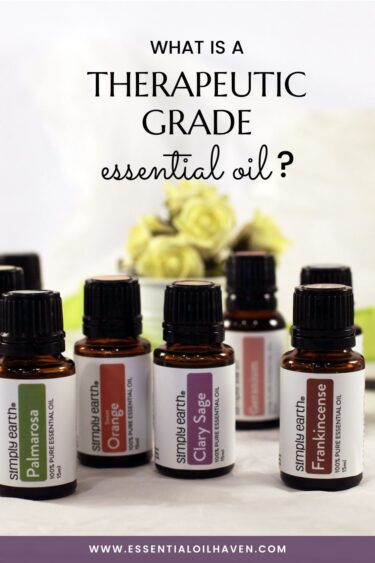
When shopping for essential oils, of course you want to buy from a great quality essential oil brand.
You want to feel safe, assured, and at peace with your buying choices. After all, you are going to bring these products into your home, and use them for yourself and your family.
When I started using essential oils about a decade ago, there was a lot of hype around the term therapeutic grade essential oils.
This post contains affiliate links, which means if you make a purchase through these links, I may receive a small commission at no extra cost to you. Read my full disclosure policy here.
It used to be treated like a brand-distinguishing factor, whether or not a company labelled their products as “therapeutic grade”.
To some extent, this feeling or sensation is still kicking around to this day.
So today, I’ll be taking a look at this terminology and help you understand what it means to you as a consumer.
Let’s dive in!
What Are Therapeutic Grade Essential Oils?
In the essential oils world, there are a lot of terms floating around that hope to make buyers trust in the essential oil product quality.
Unfortunately, “therapeutic grade” is just one of those terms.
“Therapeutic grade” essential oils refer to a classification that suggests a certain level of quality and purity in essential oils. This term, however, is not regulated or standardized by any governing body, and its use is more of a marketing term rather than a reflection of an official or consistent standard of quality.
In fact, there is no entity, company or government office that can control the use of the term, “therapeutic grade”.
It sounds like it would be something stamped and approved by a knowing authority, but this simply isn’t so.
The essential oils industry in the U.S. is largely unregulated, which is why consumers have to trust reviews, research, and internet articles.
But there is no testing protocol or process any company can comply with, that would make their oils “therapeutic grade” or not.
So in essence, it’s simply a marketing term that plays on strong emotions of the buyer.
Here is a summary of the key points about therapeutic grade essential oils:
Key Points about Therapeutic Grade Essential Oils
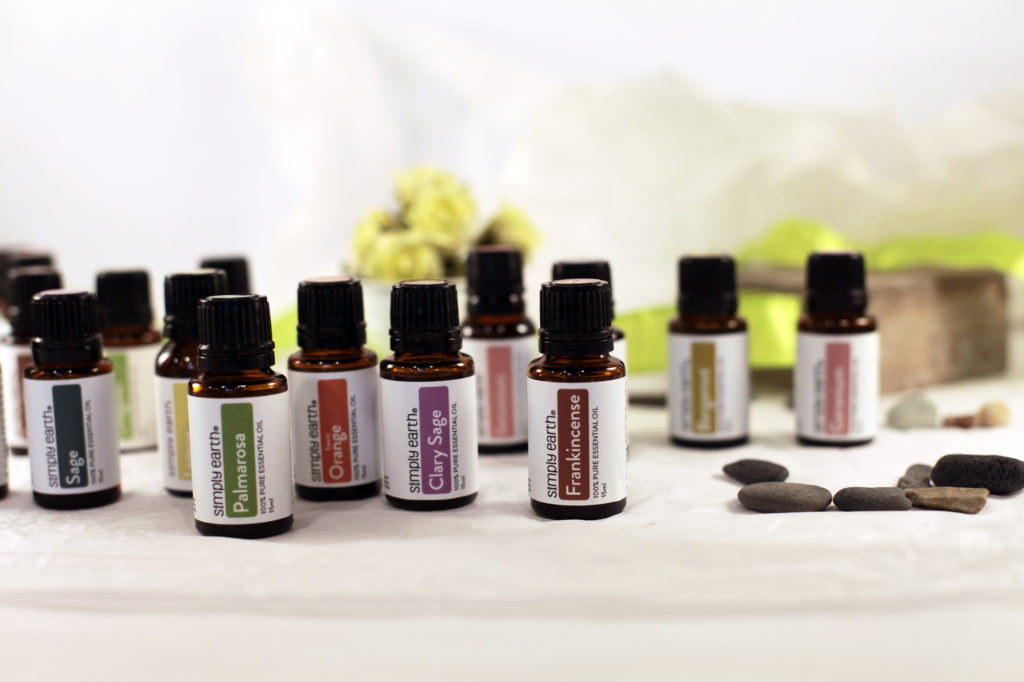
- Unregulated Term: The term “therapeutic grade” is not regulated by any official agency like the Food and Drug Administration (FDA) or any international equivalent. This means there is no official set of standards that oils must meet to be labeled as “therapeutic grade.”
- Varied Standards Among Companies: Different companies might have their own set of standards and definitions for what they consider to be “therapeutic grade.” This can include factors like the oil’s purity, the methods used in its distillation, and how the source plants are grown.
- Quality and Purity: Despite the lack of standardization, oils labeled as “therapeutic grade” are often marketed as being of higher quality. This could mean they are free from additives, dilutants, or synthetic ingredients and are derived from plants grown in optimal conditions. But as for “therapeutic properties”, it’s not like these oils differ at all.
- Importance of Research: Given the variability in standards, it’s important for consumers to research and understand a company’s specific practices and definitions when they claim their oils are “therapeutic grade.” Looking into the sourcing, production methods, and any available third-party testing can be helpful.
- Aromatherapy and Health Claims: Essential oils labeled as “therapeutic grade” are commonly used in aromatherapy. However, consumers should be cautious of any specific health claims made by companies, as the effectiveness of essential oils can vary and should not be a substitute for conventional medical treatment.
Special Term: Certified Pure Therapeutic Grade Essential Oils
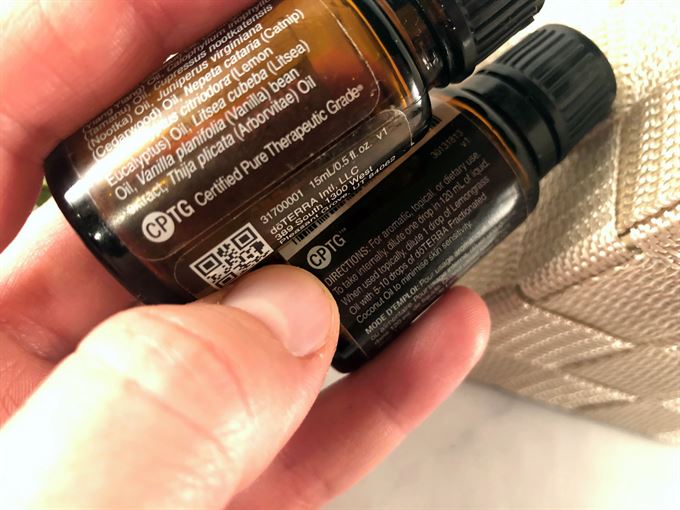
Now the term “Certified Pure Therapeutic Grade Essential Oils” (shortened: CPTG™), was coined by essential oil brand doTERRA.
One may think the words “certified” point to a 3rd party authority that would authorize its label.
However, this also isn’t so. CPTG™ is a trademarked, company-internal marketing term used by doTERRA essential oils.
Slick, hey?!
They even label their bottles with CPTG™, making you think you’re definitely buying something of much higher value.
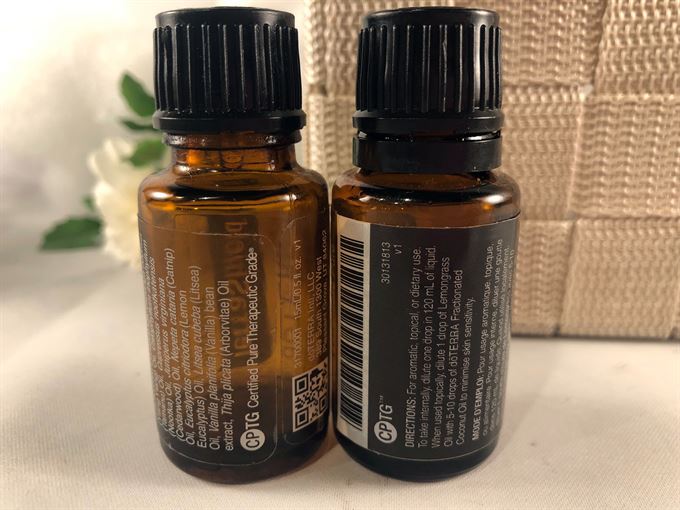
How to Choose Quality Essential Oils
So as we dive into the topic of therapeutic grade a bit more, I hope my article is helpful in your essential oils journey.
Essential oils can be an excellent way to bring natural aromas and wellness benefits into your home. I love my oils!!!
Yet, determining the quality of essential oils remains a challenge due to clever marketing tactics. Terms like ‘Certified Pure Therapeutic Grade’ are often used by companies to imply a higher authority’s endorsement, but these are typically self-assigned labels without regulatory backing.
Here’s what you can look for to help you choose a solid essential oil brand.
Reputation and Transparency
Reputable essential oil brands disclose their ethical sourcing practices to essential oil shoppers. This includes listing source countries of where the oils come from.
Not only does the country of origin matter, but also the reputation of manufacturers, distillers or distributors.
You want your oil to come from raw materials where producers follow high quality extraction processes.
The best brands are also open about their relationships with sourcing partners. Most of the time, establishing such connections takes a lot of time and effort. Quality brands are proud of their work in this regard.
Brands that provide detailed information about the origin of their ingredients, and the methods used for extraction, offer greater assurance of product integrity.
Independent Testing and Quality Assurance
Now even if an oil came from a good source, essential oil brands want to make absolutely sure that it is what the manufacturer said it is.
Most commonly, essential oils are sent through a 3rd party GC/MS testing procedure, which offers a detailed chemical break-down of the essential oil constituents.
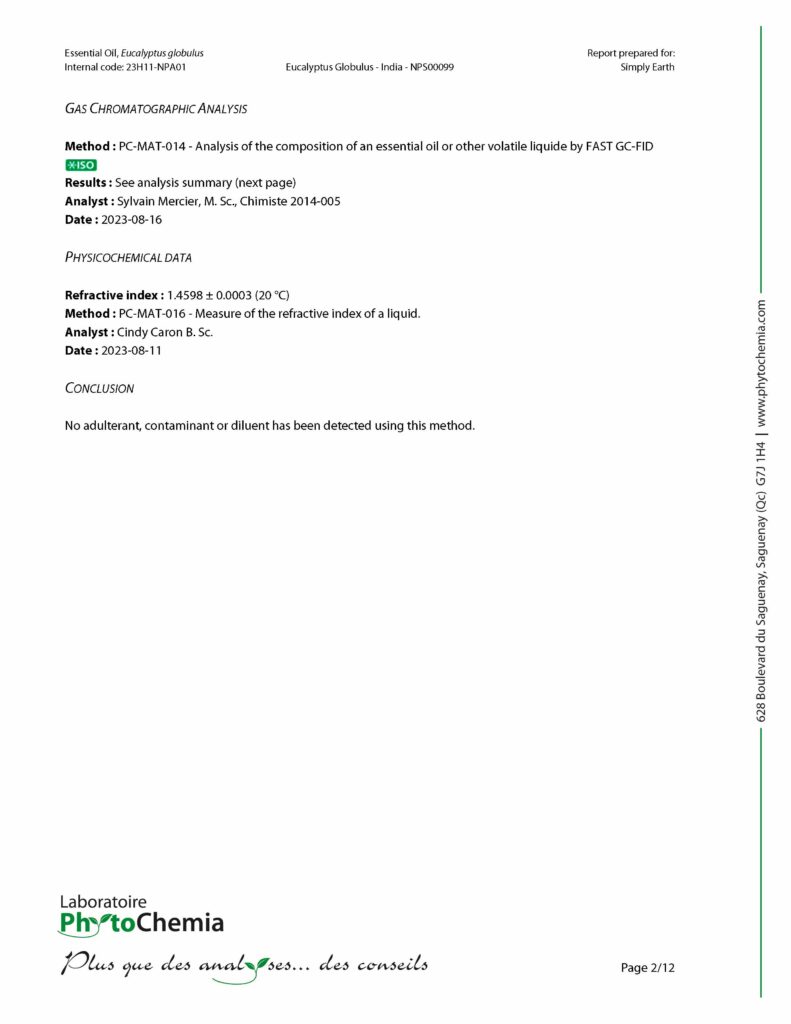
Get full report here
My most favorite brands make these reports easily available to any consumer who wishes to be informed completely before buying.
This level of quality control not only fosters trust between the consumer and the brand, but also contributes to the overall safe use of essential oils in our homes.
So, always check that your chosen oil has undergone rigorous testing, and follows stringent quality control measures, before you choose to use it for therapeutic purposes.
Therapeutic Use vs Aromatic Use
Using essential oils for therapeutic purposes versus strictly for their aroma involves different methods of application.
Therapeutic use of essential oils typically aims to achieve specific health or wellness benefits. This can include managing stress, improving sleep, relieving pain, or enhancing skin health.
In these therapeutic applications, essential oils are often diluted and applied topically to the skin, used in massage, or inhaled through methods like steam inhalation or diffusers.
The choice of oil is based on its purported health benefits and chemical properties.
In contrast, using essential oils strictly for their aromatic qualities focuses on the enjoyment of their fragrance and the general ambiance they create.
This use is primarily about enhancing the sensory experience of an environment, such as creating a relaxing, uplifting, or refreshing atmosphere. Aromatic use typically involves diffusing oils into the air or using them in potpourri, candles, or room sprays. The selection of oils for aromatic purposes is more about personal preference for certain scents rather than their therapeutic properties.
While there can be some overlap—aromatic use can also have subtle therapeutic effects, like mood enhancement—the key difference lies in the primary intention behind the use, combined with the method of application.
Frequently Asked Questions
What does 'therapeutic grade' mean when it comes to essential oils?
The term “therapeutic grade” is a marketing term that emerged in the 1990s. It suggests that certain essential oils are of a higher quality or have more therapeutic benefits than others. However, this term is not officially regulated or standardized and is primarily used as a marketing strategy to differentiate products in a competitive market.
Is there an official body that regulates or certifies essential oils as 'therapeutic grade'?
No, there is no official regulatory body that certifies essential oils as “therapeutic grade.” This term is not recognized by any authoritative organization in the field of aromatherapy or essential oil production. It is a term created and used by companies for marketing purposes.
How can consumers differentiate between genuine quality and marketing claims in essential oils?
Consumers should research and educate themselves about essential oils and their suppliers. Look for transparency in sourcing, purity, and production methods rather than relying solely on marketing terms like “therapeutic grade.” Seeking information from independent and reputable sources or experts in aromatherapy can also be helpful.
Why do companies use terms like 'therapeutic grade' in their marketing?
Companies use terms like “therapeutic grade” to create a perceived value and distinction in their products. This marketing language aims to convince consumers that their products are superior in quality or effectiveness compared to others. It’s a strategy to stand out in a crowded market and to justify potentially higher prices.
Can essential oils be therapeutic without being labeled 'therapeutic grade'?
Yes, essential oils can have therapeutic properties without being labeled as “therapeutic grade.” The therapeutic value of an essential oil depends on its purity, composition, and how it’s used, rather than on marketing labels. Consumers should focus on the origin, purity, and reputation of the brand rather than solely on the term “therapeutic grade.”
Final Thoughts
Essential oils are an excellent option for those looking to enhance their wellness routines naturally.
While “therapeutic grade” essential oils are often presented as being of higher quality, the term itself is more of a marketing tool than a certified standard.
As such, it’s vital for consumers to conduct thorough research and understand a company’s specific practices and definitions, before blindly assuming that one type of quality control standard is superior to another.
I hope this additional knowledge about the term “therapeutic grade” arms you with the right mindset when choosing a company to buy essential oils from.
In an industry where products are often used for therapeutic purposes, choosing a brand with a strong reputation and a commitment to transparency is essential for ensuring both the efficacy and safety of the essential oils.
Resources
- The Quality of Essential Oils, a journal published by Jade Shutes, founder of www.AromaticStudies.com (and a well-respected industry expert), on National Association for Holistic Aromatherapy’s website www.NAHA.org.


Leave a Reply